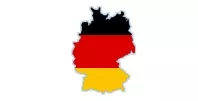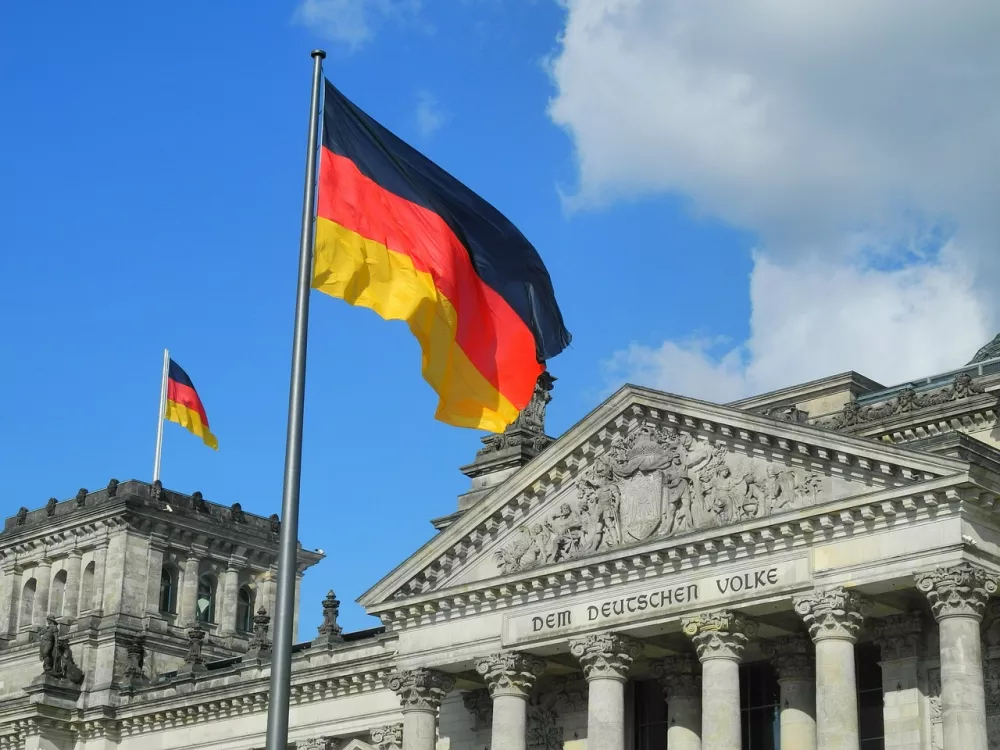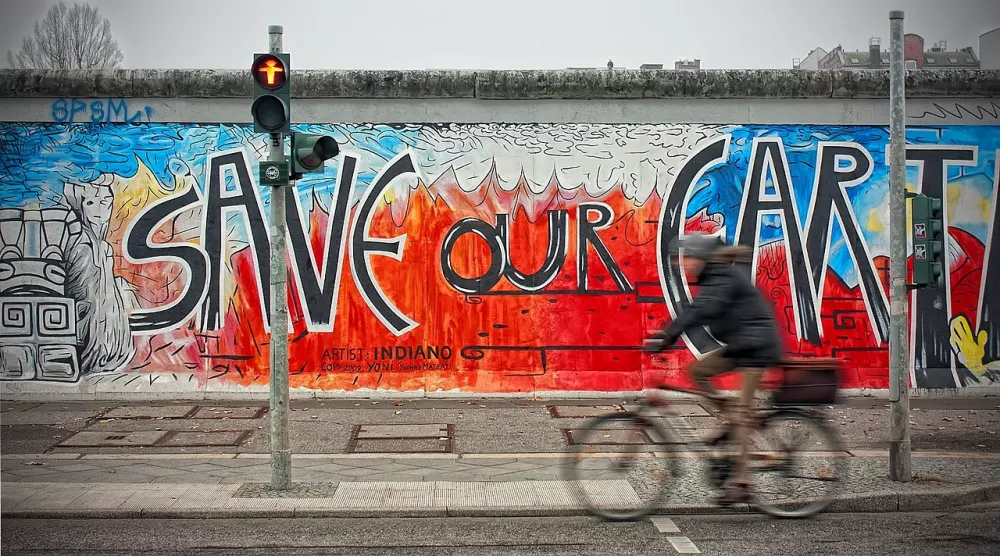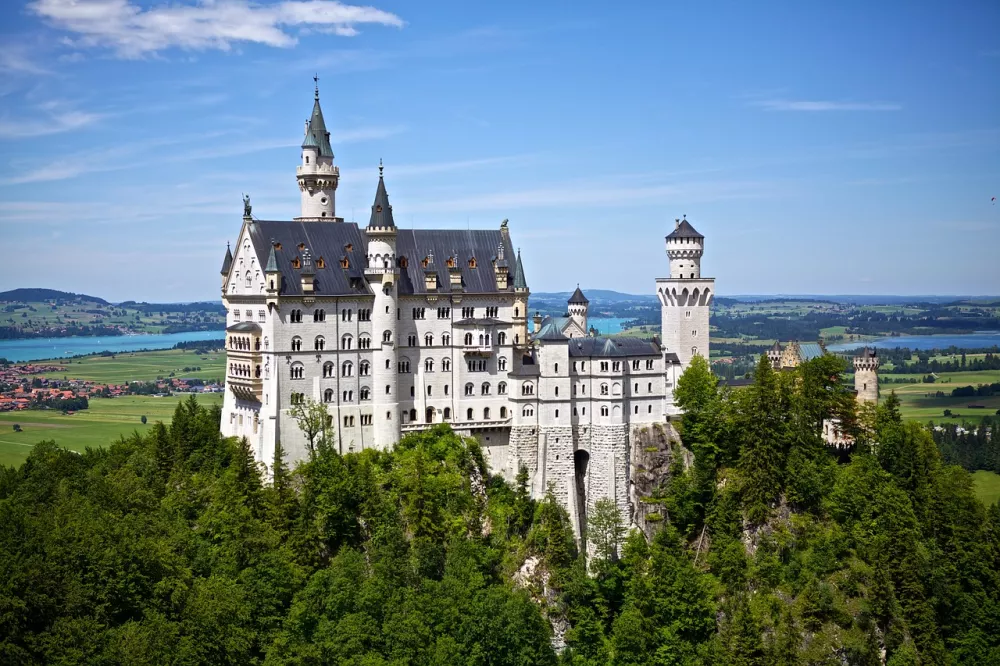Germany guide 
The most populous country in the European Union with a rich history, beautiful castles and good beer, that's Germany. Are you planning to visit Oktoberfest in Munich or see the Berlin Wall? On our website you can learn more about the history and famous places of this interesting country.
Berlin - the capital of Germany, a city full of contrasts, combines history with modern times and art. Here you can admire the Brandenburg Gate, the cathedral or even the Berlin Wall in the form of the East Side Gallery. Creativity and a vibrant cultural life pulse in Kreuzberg, while Potsdamer Platz represents modern architectural development. The city offers a rich mix of art, history, gastronomy and endless energy.
Munich - the capital of Bavaria can be found in southern Germany. Its historic center, filled with Gothic and Baroque monuments such as the Frauenkirche and the Residenz, contrasts with the modern architecture around Odeonsplatz and Marienplatz. You can taste traditional beers and specialties of Bavarian cuisine in local beer halls. Oktoberfest attracts visitors from all over the world every year.
Hamburg - Germany's second largest city is located in the north of the country. Its icon is the harbor on the Elbe River with the impressive Elbphilharmonie building, symbolizing the combination of tradition and innovation. The old town with historic buildings such as St. Nicholas, contrasts with modern urbanism in the vicinity of Speicherstadt, the largest warehouse in the world.
Dresden - the capital of the state of Saxony enchants its visitors with its impressive baroque architecture, especially the Zwinger and the Semper Opera House. Dresden is also famous for its art collections in the Zwinger and Albertinum galleries. Many visitors come here for the Christmas markets.
Cologne - the most striking monument is the majestic Cathedral of St. Peter and Mary, also known as Cologne Cathedral. The Old Town Square with its historic houses and town hall creates a picturesque setting, while the Hohenzollern Bridge offers a view of the beauty of the Rhine.

Germany, officially known as the Federal Republic of Germany (Bundesrepublik Deutschland), is located in Central Europe. Thanks to its area of 357,386 km², it ranks among the largest European countries.
The capital Berlin is located in the north-east of Germany, on the river Spree. Other important rivers flowing through Germany include the Rhine and the Danube.
Germany has approximately 83 million inhabitants, making it the most populous country in the European Union.
German is spoken here and Euros are accepted.
Germany functions as a federal republic with a parliamentary democracy. The president is the head of state and the chancellor is the head of government.
After World War II, Germany was divided into two states: West Germany (the western part) and the German Democratic Republic (the eastern part). German reunification took place in 1990.
Germany, one of the world's leading economies and a major exporter, is known for its strong industrial sector, high product quality and innovation.

Germany has a rich cultural history. It has contributed significantly to the world stock of literature, music, philosophy and science. Many world-famous artists, composers and scientists, such as Albert Einstein, come from here.
Germany has a high level of education and is home to several world-renowned universities and research institutions.
The country actively seeks to reduce greenhouse gas emissions and supports renewable energy sources.
Germany has a developed transport network, including high-speed trains, motorways and an extensive public transport network.
Germany attracts tourists with its historic cities, cultural monuments, natural scenery and beer festivals.
As far as sports are concerned, football is the most popular here. The country has a strong football tradition and a successful national team.
